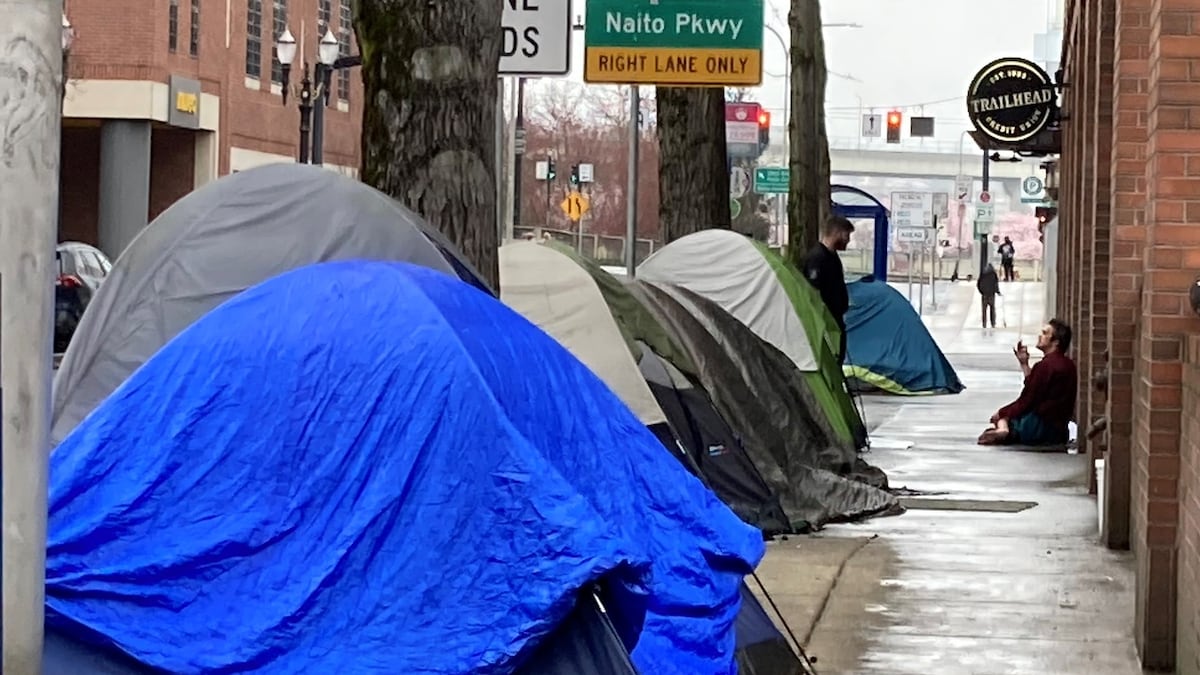The U.S. Supreme Court agreed on Friday to hear a case out of Southern Oregon that could make sweeping policy changes to the way cities address homelessness and enforce rules around public camping.
In 2022, the Ninth Circuit Court of Appeals blocked Grants Pass from enforcing public camping ordinances through fines, saying it violated the cruel and unusual punishment provision of the U.S. Constitution’s Eighth Amendment. That ruling built off a 2019 decision out of Boise, Idaho, where the same court found a person cannot be criminally punished for sleeping in public if there’s nowhere else for them to go.



So if you have $25,000 paid into a car loan but no liquid assets the government forces the sale of your car to collect their $1,250. Maybe they sell it fast for less than it’s worth. Now you have no car and lost a great deal of money.
Maybe your wealth is in your home.
You think camping without a permit warrants taking 5% of everything you have? That’s insanity. What if you do it twice? What other offences might you also want to collect 5% for? Littering or jaywalking? Smoking?
Let’s say you have $1000 in the bank and nothing else. The government wants their $50 but you don’t pay because you need that money. Now you have to pay a late fee or something, probably get arrested and put in front of a judge, spend time in jail for not paying?
That’s not the way
https://en.wikipedia.org/wiki/Day-fine
1/365 of your yearly income makes sense, it’s like missing a day of work. 1/20 of your “total wealth” for camping is insane though.
Well 5% really doesn’t match this crime, I just selected the number randomly as an example.
I also could have worded it better, but I was trying to get at having a limit, $100 for example, where if the fine is below that number, you round down to zero. It could maybe just be paperwork or something